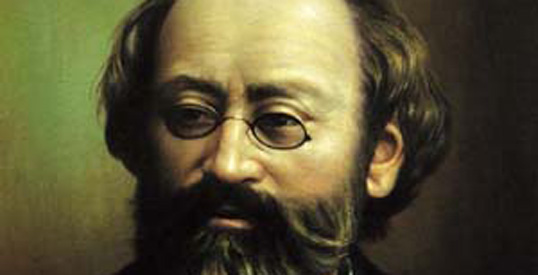Max Bruch (1838–1920) was a German composer and conductor, celebrated for his contributions to the Romantic era of classical music. Born on January 6, 1838, in Cologne, Bruch displayed an early aptitude for music, receiving his first violin lessons from his mother at the age of seven. Recognizing his talent, his parents enrolled him in the Cologne Conservatory, where he studied violin under Friedrich Wilhelm David and composition under Ferdinand Hiller.
Bruch’s early career was marked by his proficiency as a violinist, and he even worked as a conductor in various German cities. However, it was his compositions that ultimately secured his legacy. One of his early successes was the “First Violin Concerto in G minor, Op. 26,” completed in 1866. This work, widely regarded as one of his masterpieces, showcased Bruch’s ability to combine technical virtuosity with expressive lyricism, earning him acclaim across Europe.
In 1880, Bruch composed another iconic piece, the “Scottish Fantasy for Violin and Orchestra, Op. 46,” inspired by Scottish folk melodies. This work, like many of his compositions, reflects Bruch’s fascination with nationalistic themes and his dedication to incorporating diverse influences into his music.
Despite his success as a composer, Bruch faced challenges in his personal and professional life. He held various conducting positions, including director of the Stern’schen Gesangverein in Berlin, but frequent clashes with orchestras and critics hindered his advancement. Nevertheless, he continued to compose prolifically, producing a wide range of works, including symphonies, choral music, and chamber music.
While some of Bruch’s compositions fell into relative obscurity, his violin concertos remained immensely popular. The “Violin Concerto No. 1 in G minor” maintained its position as a staple of the violin repertoire, cherished for its emotional depth and technical brilliance.
Max Bruch spent his later years in relative obscurity, facing financial difficulties and witnessing changing musical tastes that favored newer styles. He passed away on October 2, 1920, in his home in Berlin. Although his overall contribution to the Romantic period has sometimes been overshadowed by his contemporaries, Bruch’s enduring legacy lies in the timeless beauty and emotional resonance of his violin concertos, ensuring his place in the pantheon of great Romantic composers.


Comments are closed